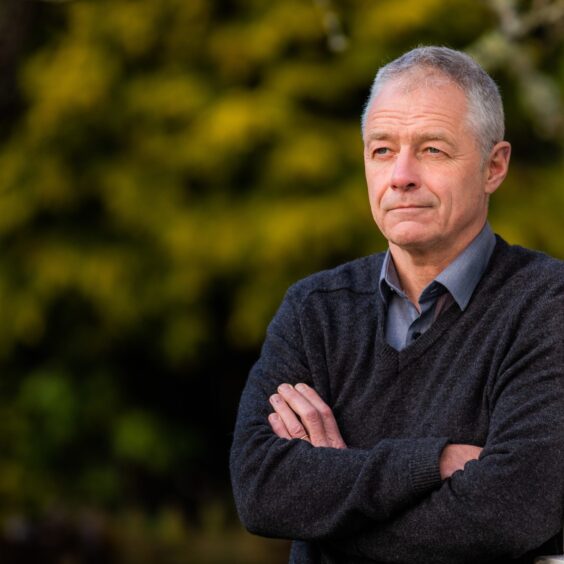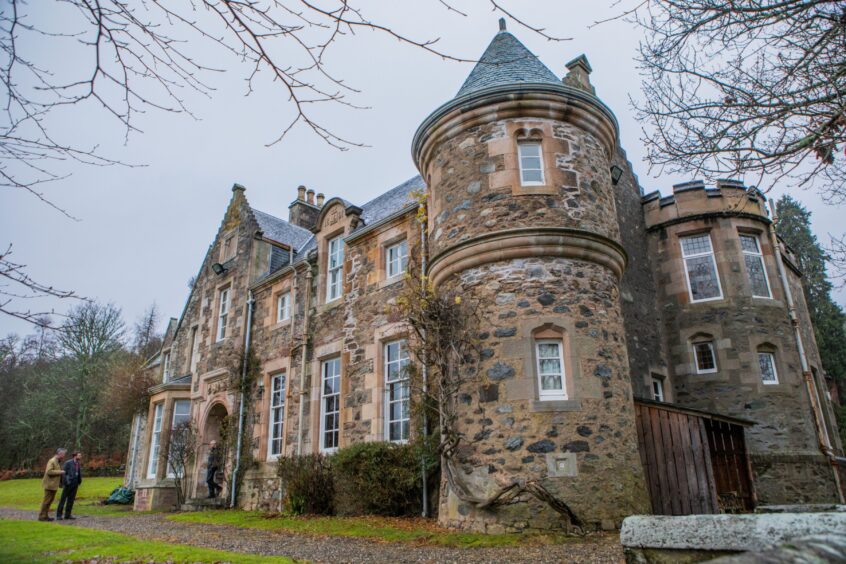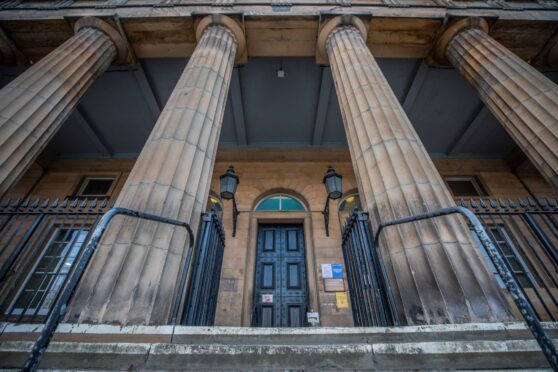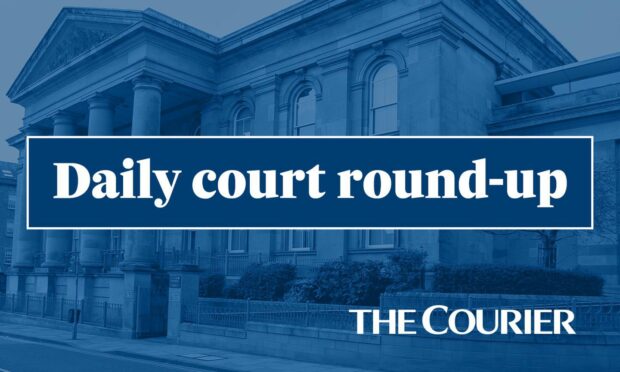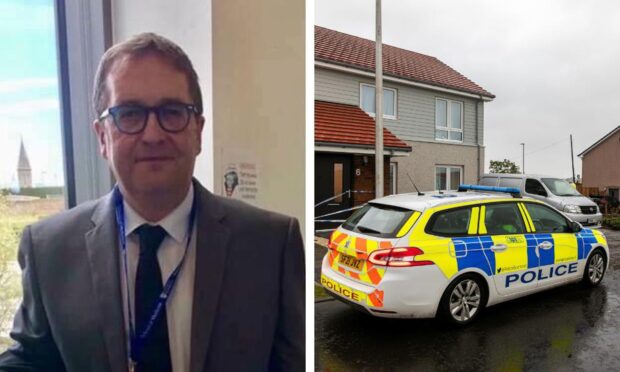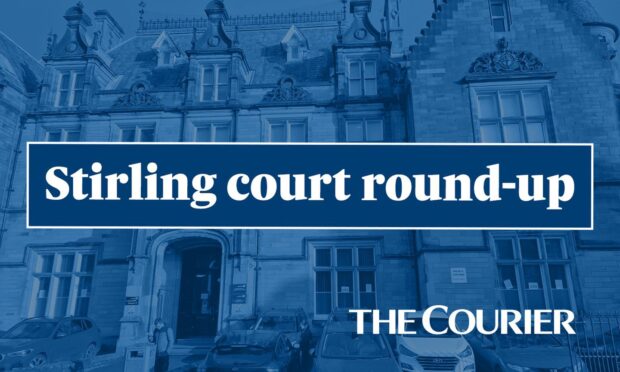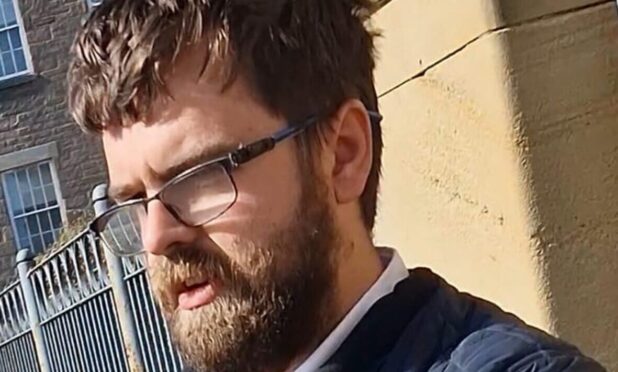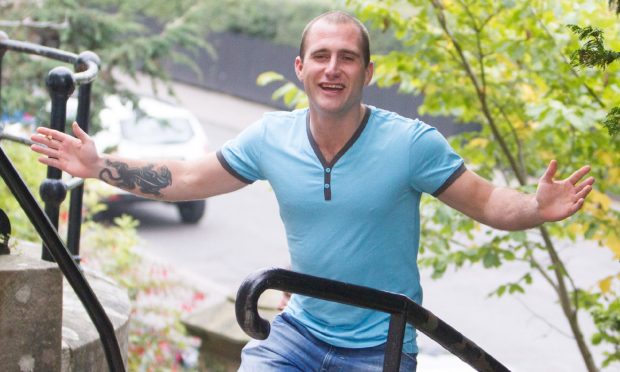The former headteacher of a Perthshire special needs school that closed suddenly in 2018 has launched a £650,000 legal action against the Care Inspectorate, claiming “substantial damage” to his reputation and loss of earnings.
The independent New School Butterstone, near Dunkeld, shut with just a few days’ warning, leaving all 24 vulnerable students in the lurch and 50 people out of work.
A Scottish Government-backed inquiry in 2020 ruled that the school closed after a potential buyer pulled out.
The Witherslack Group abandoned its take-over bid after losing confidence in senior staff following concerns about child protection and spiralling money problems, the probe concluded.
Now the school’s head Bill Colley, who described the inquest as a “shameful whitewash” and says he was made a scapegoat, has served papers upon the Care Inspectorate, claiming the body “acted unlawfully” against him “with recklessness and malicious intent”.
The Courier can today reveal that he is seeking a decree of £648,950 – his estimated lost earnings from January 2019 until his planned retirement in June 2028.
In his initial writ, Mr Colley claims the Care Inspectorate caused “substantial damage” to his reputation which impacted his ability to earn a living.
Angela Gordon, the school’s former head of care, is taking similar legal action against the Dundee-based authority.
Child protection matters
The inquiry heard that towards the end of 2018, a letter was sent to Mr Colley making allegations about two members of staff.
The note claimed that one worker struck two children on the arms with a book and in a separate incident another member of staff put their hands around a student’s neck.
There were concerns that the matter – which was later investigated and then dropped by Police Scotland – had not been followed up by Mr Colley as a matter of urgency.
He was suspended as a result.
In documents lodged with the court in Dundee, Mr Colley argues that he had “no direct responsibility for the care service, nor for child protection and safeguarding”.
The writ states it was not his responsibility to evaluate or report child protection matters.
While he was head of school, other functions including management of residential care service and matters regarding child protection were delegated to other staff.
Emergency closure
Mr Colley goes on to claim that the Care Inspectorate made false allegations against him, including that he failed to identify, investigate and report a child protection matter.
He claims in his writ that the inspectorate regarded him as a “risk to pupils”.
Mr Colley claims that the allegations made against him were “malicious, illogical and defamatory,” they diminished his standing with his employers and made him unable to use them as referees for future work.
The document states: “The malicious actions made against the pursuer (Mr Colley) were designed to prevent him save the school from an unlawful closure, which was his duty. His duty of care was to prevent harm coming to young people.”
Mr Colley goes on to argue that there was no evidence pupils were at “serious risk to life, health or wellbeing” that would have warranted an emergency closure.
“The threat was unlawful and amounted to blackmail,” the paper claims.
Reputation ruined
Mr Colley could not be reached for comment on Wednesday, while Ms Gordon confirmed that legal action was a last resort.
“I feel I have to take action to ensure this doesn’t happen again to any other schools, children, families and staff,” she said.
“The way the school was closed was traumatic for all of the young people and their families as well.
“We cannot allow organisations to act in this way without taking action.”
She added: “My career and reputation have been ruined, along with Bill’s.”
The Care Inspectorate declined to comment.
The building has since been transformed into the Moore House Academy, Scotland’s first primary school for neuro-divergent children.
For more local court content visit our dedicated page or join us on Facebook.

